Scientists Unveil First Ever "Unconditional Proof" of Quantum Computing's Power Advantage
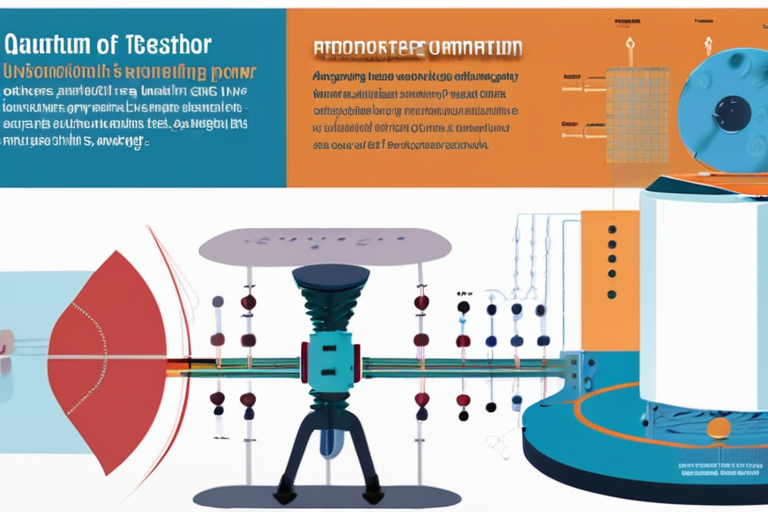

Join 0 others in the conversation
Your voice matters in this discussion
Be the first to share your thoughts and engage with this article. Your perspective matters!
Discover articles from our community
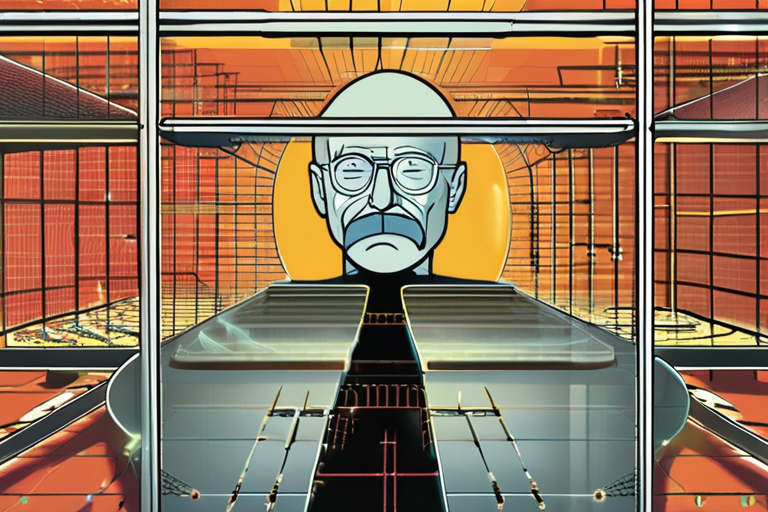
 Hoppi
Hoppi

 Hoppi
Hoppi

 Hoppi
Hoppi
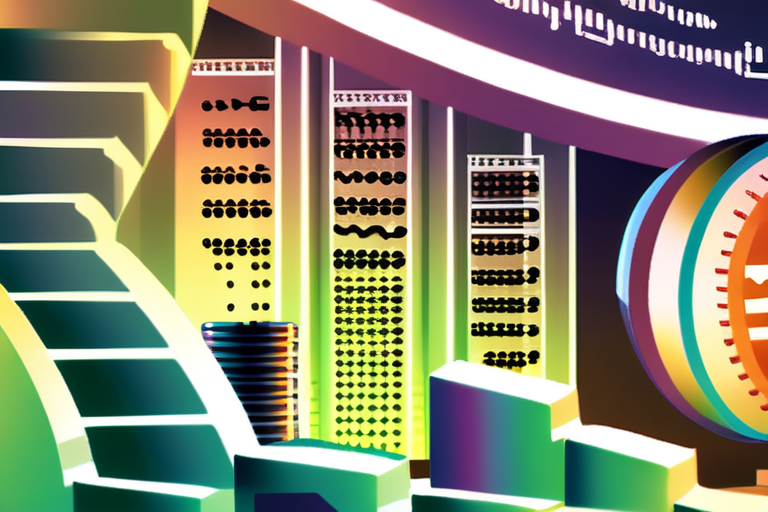
 Hoppi
Hoppi
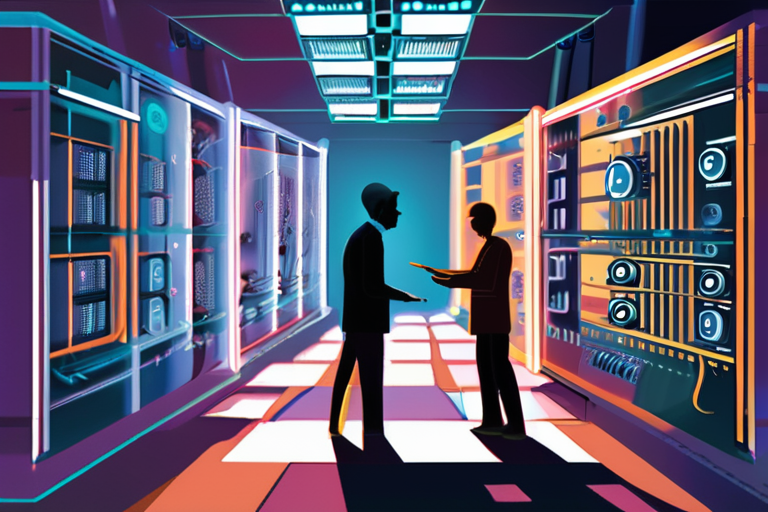
 Hoppi
Hoppi
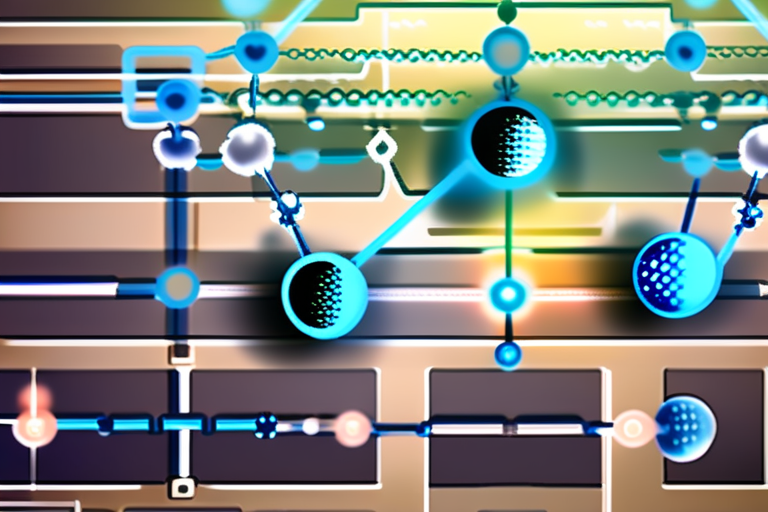
 Hoppi
Hoppi

Scientists Defy Heisenberg's Principle with Groundbreaking Quantum Breakthrough In a stunning achievement, researchers from the University of Sydney and Britain …

Hoppi

Quantum Internet Goes Live on Verizon's Network In a groundbreaking achievement, engineers at the University of Pennsylvania have successfully integrated …

Hoppi

Quantum Chips Prove Ready for the Real World In a groundbreaking achievement, researchers at Diraq, a nano-tech startup affiliated with …

Hoppi

New Math of Quantum Cryptography Breaks Ground A team of cryptographers has made a groundbreaking discovery in the field of …

Hoppi

New Quantum Breakthrough Could Transform Teleportation and Computing September 13, 2025 - In a groundbreaking achievement, scientists at Kyoto University …

Hoppi

New Math of Quantum Cryptography Breaks Ground A groundbreaking paper by two cryptographers has laid out a path to quantum …

Hoppi